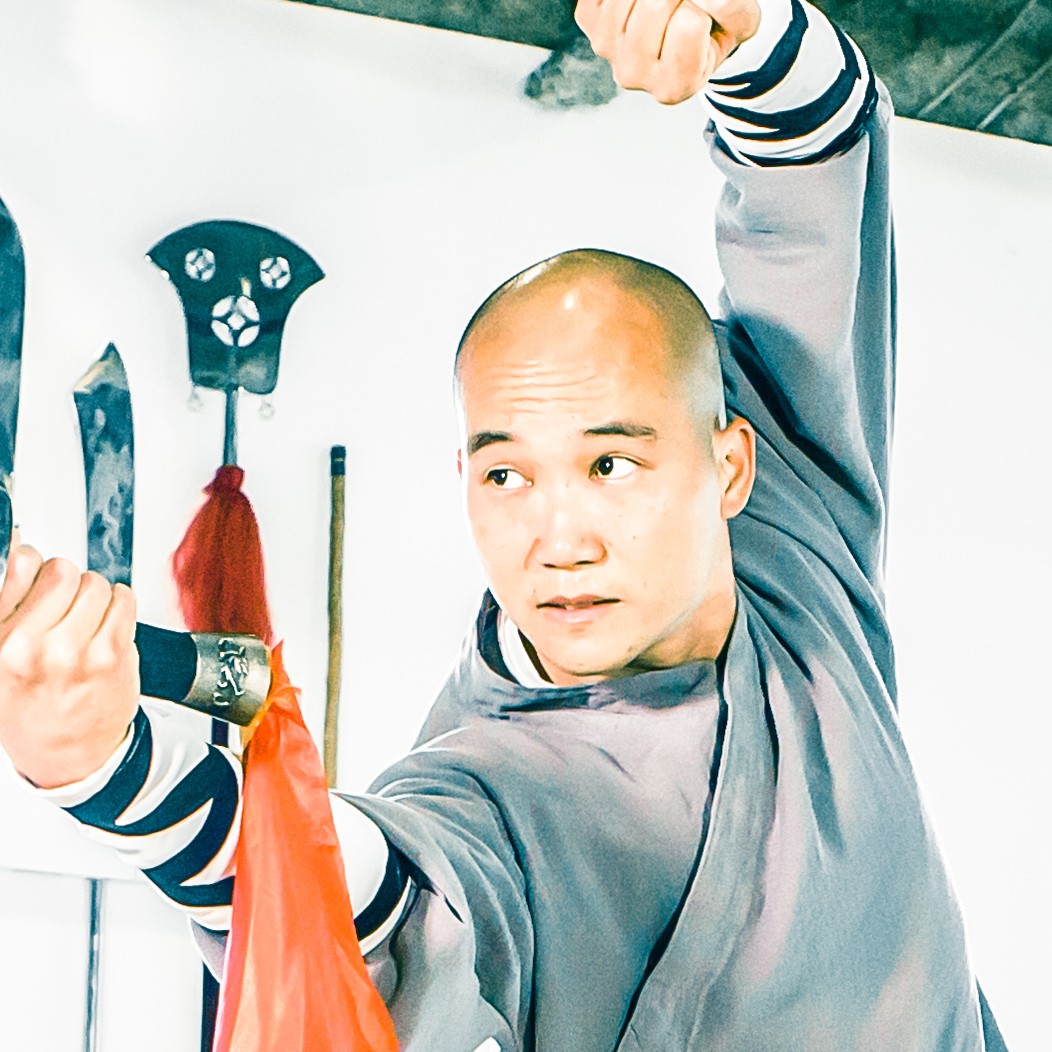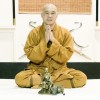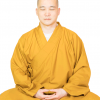How to Overcome Regret

Have you ever strongly felt that you made some poor choices, said something, or did something, that you wish you did not? Every time you are faced with a similar situation, you feel regret and suffer internally.
In this session, we will explore the idea of regret, to better understand and accept the choices we have made so that we can move forward peacefully.
What is Regret?
Regret is a negative feeling that results from something you did (i.e. another way would have produced a better result) or did not do (missed opportunity), resulting in an outcome that you perceive is not as good had you done something differently. It can be in the form of an action or speech. In a sense, people feel they have lost something.
Regret can even manifest if the result would still be good! For example, you may decide to invest in a stock that gave you a 110% return, but at the time you gave up on another stock that would have earned you 2000% return. Both are fortuitous and yet some people will suffer from regret for not having chosen the second option.
General examples of regret:
- After working at your new job, you feel you made the wrong career choice
- After several years of marriage, you feel you made the wrong choice in your partner
- You feel your job opportunities are limited because you did not make the right choice of education (i.e. degree, school, etc.)
- You feel you could have had a better relationship with your child, had you been a better parent
- You feel you could have prevented a major accident by doing something better
- You feel something you said caused an irreparable relationship with a friend or family member
- You feel you wasted money by buying something that wasn’t useful
- You feel you lost a great opportunity to make money from an investment
How Regret Causes Suffering
When you feel you could have had a better outcome due to your action or inaction, there is no one to blame except yourself. This means that if there is an external factor causing a negative reaction then it cannot be regret.
Regret is then often followed by feelings such as anger, pity, sadness, stress, anxiety, and fear. The negative feeling is generally associated with the nature of the regret itself.
The more negative you perceive the outcome, the stronger the feelings of regret. The more you ruminate about it, the more you will reinforce those negative feelings. Those negative feelings accumulate and may cause even more regret. And so the cycle perpetuates itself and the negative feelings pile up until they physically harm you, thus causing suffering.
Any event that reminds you of it, can restart this vicious cycle.
Regret can be the source of suffering, but does not actually cause suffering.
What is the Purpose of Feeling Regret?
It is important to emphasize that regret is an emotion. There is a chemical reaction or release in your body as a result of regret. This chemical reaction results in a feeling of regret that can last a while.
Why do we have this emotion?
By asking this very question, we open the door for ourselves to overcome suffering caused by regret.
Before continuing with this article, take the time to think about why. If you do not try to answer this question yourself, then you'll be learning to overcome regret through knowledge rather than experience.
You can likely come up with the same answer, so even if you cannot characterize it clearly, the remainder of this article will make much more sense and you will get more out of it.
--
When you take the time to answer this question of why we experience regret, you eventually realize that it is a learning mechanism.
For example, when you encounter a similar situation that causes regret, you will question yourself and hesitate. You may feel a strong emotion of stress and anxiety.
This means you have not yet figured out what the lesson is. And for regret to be a learning mechanism, it is important to take the time to address it.
How to Learn from Regret
Now that we understand what regret is and why we have it, we need to learn from it to free ourselves from suffering. In this way, we can grow wiser and make better decisions in the future.
The following is a cyclical guide that will help you through regret. It is cyclical because one should expect to repeat steps (and even go backwards to repeat) until they can complete them. There are four cycles - 1) preparation, 2) questioning, 3) answering, and 4) release.
The first step, the Cycle of Preparation, is to prepare yourself for introspection. This means finding an environment in which you can feel calm. Take the time to breathe fully and relax. Meditation is a great way to achieve a relaxed mind. For those who have not yet gained the basic skills of meditation, you can review my instructions on meditation here.
The second step, the Cycle of Questioning, is to ask yourself the question, “Why do I feel regret?”. Try your best to maintain calm as you think about the answer. If you find yourself emotional and unable to think clearly, go back to the first step. In this step, we do not want to conclude with any answer. It is important to explore the possibilities from different angles. There is no set amount of time except that rushing through this step means you are likely to come to a conclusion that won’t stick. This will result in suffering from regret at a later time.
This step may not be easy to get through because you may lack the wisdom to find answers. By taking lots of time to analyze thoroughly, you will be able to come to a conclusion that is believable and memorable. But if you find yourself stuck at this step, you will want to pursue additional training in Chan-Dao philosophy which teaches you about perceptions, emotions, and the subconscious, all of which will help you to develop what I call self-wisdom.
The third step, the Cycle of Answering, is to hypothesize the answer. At this step, you will think you have the answer and you may even feel strongly about it. If not, you need to go back to the second step and spend more time analyzing. The important question you need to ask yourself now is, “Do I accept the decisions I made that caused this regret?” If you are unable to accept it, then you need to go back to the second step and analyze it again, even if you keep coming up with the same conclusion. Eventually, you will be able to accept and move on to the next step.
The fourth step, the Cycle of Release, is to release yourself from suffering. That means any feelings of anxiety, stress, anger, fear, etc. are no longer related to the feelings of regret. By accepting that you have learned from your actions, it means you can move on, and cut off any emotional associations. To achieve this, you need to think logically about all these steps and how you’ve come to accept it. In other words, you own your mistakes and use them to acquire wisdom for yourself.
When you’ve completed the fourth step, you may still feel regret and will realize that regret is not a bad thing at all. It is instead a useful tool to help you learn and grow. And in this way, life becomes more interesting, exciting, positive, and fruitful!
Shàolín Chándào perspective:
Regret, like all emotions, is part of a personal tool-set to help you get through life. Take advantage of these tools to help you understand yourself better, and to interact with the universe to find peace.








 Written by Dao on Friday, August 25, 2023
Written by Dao on Friday, August 25, 2023











 YouTube
YouTube Instagram
Instagram Facebook
Facebook Discord
Discord